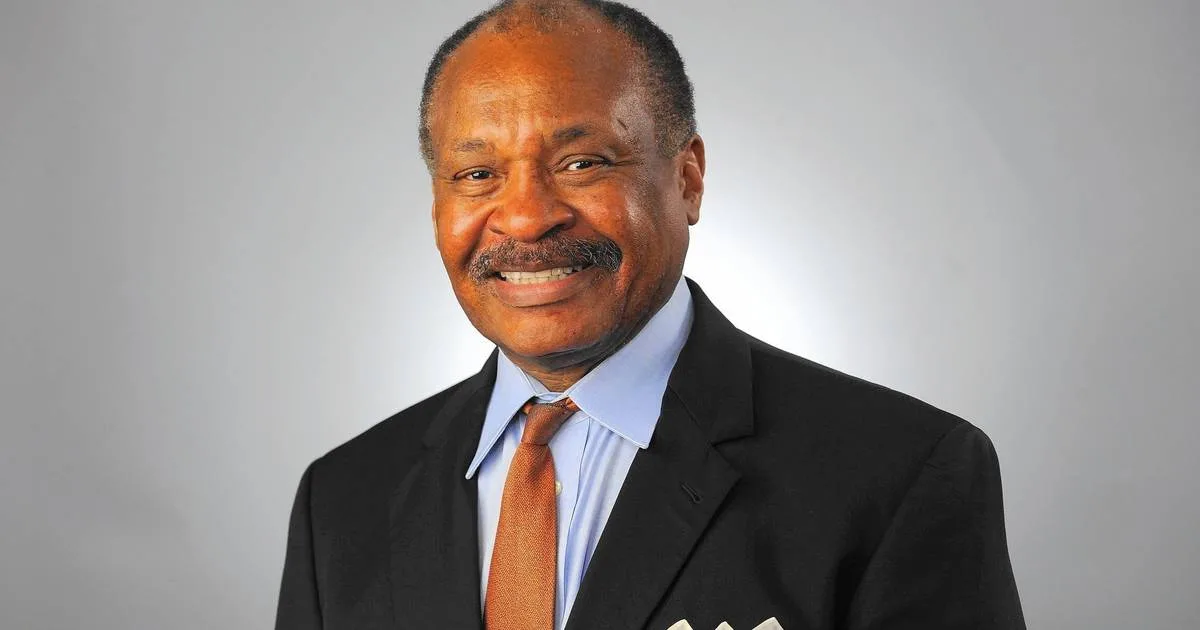
The discussion and undoubtedly the controversy surrounding reparations are coming to the state of Maryland, Anne Arundel County, and the city of Annapolis.
Earlier this week, former Evanston, Illinois, alderwoman Robin Simmons, who successfully pushed for reparations legislation in her city, spoke virtually to elected officials, clergy, activists and businesspersons from around the state, advocating that they do what she did — pass reparations legislation.
After that meeting, the Caucus of African American Leaders started to prepare a reparations proposal to the Annapolis, Anne Arundel County and Maryland state governments looking to compensate those affected by discriminatory housing policies in Annapolis.
This request comes at an interesting time. The U.S. Supreme Court last month struck down affirmative action in higher education and an Oklahoma judge dismissed a lawsuit by Black victims of the 1921 Tulsa race massacre seeking reparations for that atrocity, committed by a white mob.
Ironically, the issue of reparations was first put forward by the U.S. government. The first recorded case of reparations for slavery in the United States was to a former slave named Belinda Royal in 1783. No other former Black slave was given reparations.
On Jan. 16, 1865, Gen. William T. Sherman issued Special Field Order Number 15, which, among other things, promised to provide newly freed African Americans with a mule and 40 acres of land.
That broken promise is at least part of the reason we have the great black-and-white wealth gap in this nation.
The federal government made formal findings in the 1980s that Annapolis had discriminated against Black people through its urban renewal program. That program was responsible for the loss of Black businesses and was the catalyst for gentrification. Of course, many readers are unaware of this, but it is true.
Just as it is true that African Americans were lynched in the county and discriminated against by every institution including banks and real estate companies that practiced redlining.
Now, what will be done? First, we must acknowledge history. To his credit, Anne Arundel County Executive Steuart Pittman has shared the fact that his ancestors were slave owners.
Annapolis Mayor Gavin Buckley and the entire City Council went on record apologizing for the lynchings that occurred in the city.
They were followed by the Anne Arundel County Council, which also apologized for the lynchings and murders of Black men and women.
We live in a state where we have an African American governor, speaker of the House, treasurer, and the largest Black legislative caucus in the nation.
Will reparations be on the agenda of Gov. Wes Moore, County Executive Pittman, or Mayor Buckley?
Not unless people follow the advice that Dr. Martin Luther King Jr. was given by the late President Lyndon Baines Johnson, who told Dr. King, and I am paraphrasing, if you want us to make things right, you going to have to make us make it right.
By the way, a majority white City Council made Evanston the first city in the nation to give reparations to its citizens. In California, there is a robust discussion taking place regarding reparations.
Next month, the Caucus of African American Leaders is scheduled to have its quarterly meeting with Gov. Moore. I have a feeling that reparations will be discussed, and I assume that we will be given the same advice that Dr. King received from President Johnson, which is: “Make us do the right thing.”
Carl Snowden is convener of the Caucus of African American Leaders. Contact him at carl_snowden@hotmail.com.



